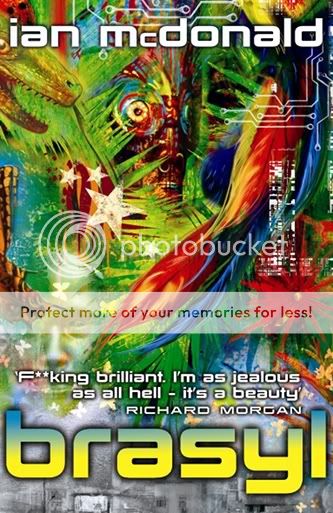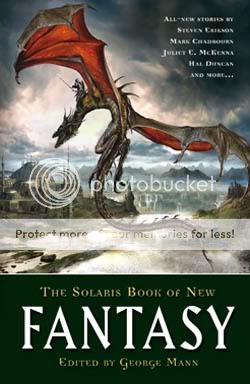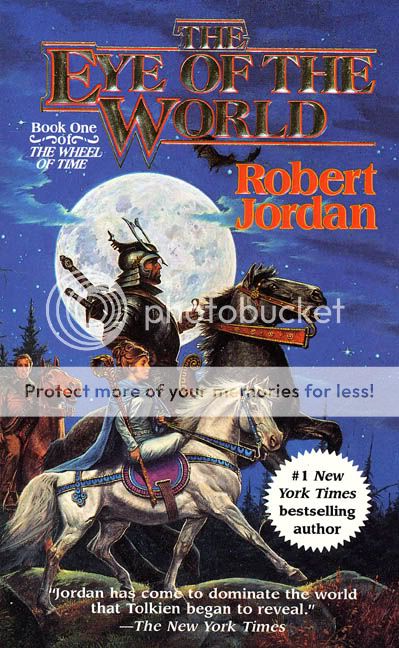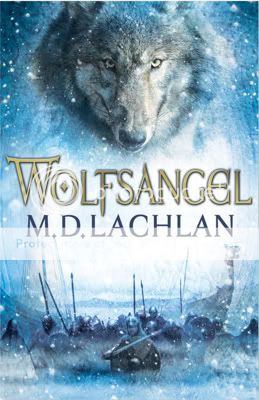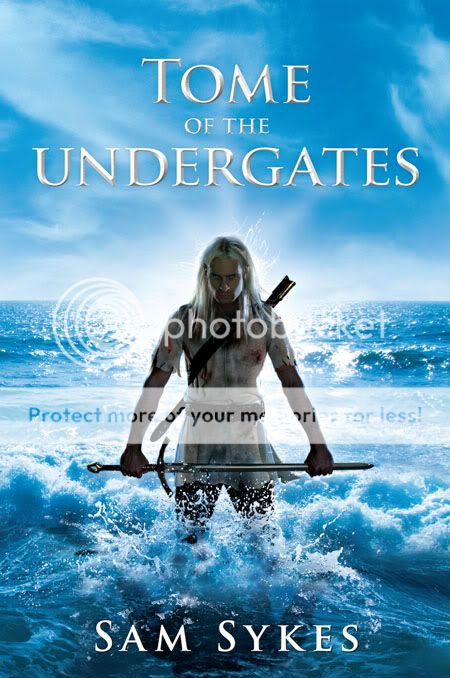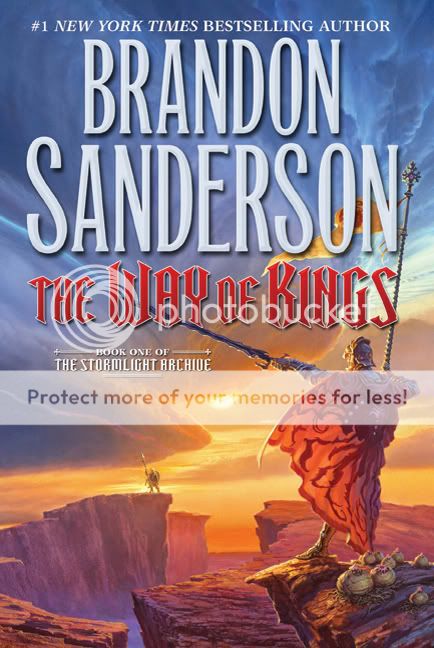Cover Illustration: Dominic Harman/Arena
Cover Design: Sue Michniewicz
BRASYL
BY
IAN McDONALD
ISBN: 978-0-575-08288-5
Pages: 411
Publisher: Gollancz
Publishing Date: 28 August 2008
On the cover:
Sao Paulo, 2032
A city with a neon heart. A city of countless millions. A city of breathtaking wealth and life-stealing poverty. A city watched over by angels. Constant surveillance, the tracking of your every move, the ebb and flow of your money, of your life. A city where a thief could step out of the favelas and find himself trapped in the bewildering, lethal world of illegal quantum computing.
Rio de Janeiro, 2006
A city that lives on reality TV. A city of watchers and watched. A city where an ambitious TV produces could find her next big hit and lose her life. And her soul.
Brazil, 1732
A country of Eden-like beauty. A country of gold and death. A country of madness and religion. A country where a Jesuit Father sent to find a rogue priest will find faith and reality taken to breaking point.
This is a novel that contains three seemingly unconnected storylines. That however is not in any way a disadvantage here. We get three great stories, all showcasing the exotic country of Brazil.
Setting the stories in different timelines may seem strange, and it does seem that the 1732 storyline can have nothing to do with the two others. This is not something that bothered me.
McDonald quickly introduces us to the settings his characters live in, and who they are. It doesn't take many pages before you get a good insight into what makes the main characters tick.
That both the settings and the characters are so different, works as a strength. It does to a certain degree interrupt the flow of the story, it never becomes irritating or off-putting. Actually I felt that it made the book feel fresh and interesting throughout.
The central theme here is quantum, or more specifically quantum computers. Fortunately McDonald doesn't go into so much detail about quantum that it gets confusing. He rather uses it to back up a very interesting arc-plot.
When the three storylines finally merges, it is both a revelation, and very satisfying. And it is done in a way that feels seamless, without being too obvious before it happens.
I really enjoyed both the philosophical and science fiction elements of this novel. McDonald handles all three time-periods with equal deftness. And nothing is neglected in favour of the others.
This is near-future science fiction at its best, and I would urge any science fiction fan to search out this book. And it is highly recommended for those with an interest in non-Western cultures too.
Ian McDonald has rapidly become my favourite author for earth bound science fiction.
Ian McDonald's previous book River of Gods is reviewed here.
LINKS: Ian McDonald Gollancz
That both the settings and the characters are so different, works as a strength. It does to a certain degree interrupt the flow of the story, it never becomes irritating or off-putting. Actually I felt that it made the book feel fresh and interesting throughout.
The central theme here is quantum, or more specifically quantum computers. Fortunately McDonald doesn't go into so much detail about quantum that it gets confusing. He rather uses it to back up a very interesting arc-plot.
When the three storylines finally merges, it is both a revelation, and very satisfying. And it is done in a way that feels seamless, without being too obvious before it happens.
I really enjoyed both the philosophical and science fiction elements of this novel. McDonald handles all three time-periods with equal deftness. And nothing is neglected in favour of the others.
This is near-future science fiction at its best, and I would urge any science fiction fan to search out this book. And it is highly recommended for those with an interest in non-Western cultures too.
Ian McDonald has rapidly become my favourite author for earth bound science fiction.
Ian McDonald's previous book River of Gods is reviewed here.
LINKS: Ian McDonald Gollancz
